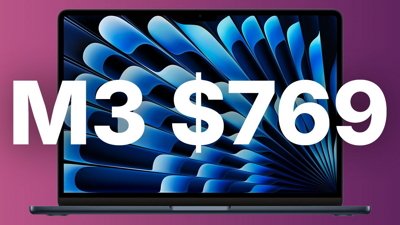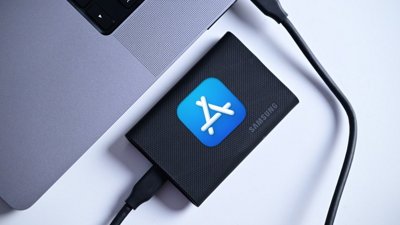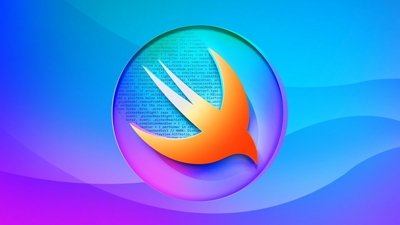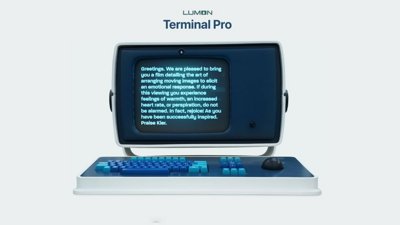An analyst note suggests licensing Gemini from Google while developing proprietary private local models could give Apple an advantage in the AI race.
It's no secret that Apple plans to make 2024 a big year for promoting AI technologies on its platforms. Recent reports have begun to give Apple's AI plans a shape, and they look similar to other strategies the company has employed in the past.
According to a JP Morgan note viewed by AppleInsider, Apple's potential partnership with an LLM provider while developing smaller local models may help it get ahead of other manufacturers. If the reports prove true, Apple will focus on its strengths, like on-device processing, instead of building a proprietary LLM.
A recent report suggested Apple was in talks with Google to license its Gemini LLM for iPhones. The report arrived just a day after Apple published a research paper on MM1, a smaller pre-trained model that could run locally on a user's iPhone.
These news stories are complimentary, not contradictory, and the JP Morgan note suggests Apple's two-pronged approach could give it a leg up. Apple can focus on smaller on-device models that protect user privacy rather than releasing a controversial LLM that relies on piles of data found on the web. Customers get the best of both.
If this sounds familiar, it's a lot like Apple's agreement with Google for search. Google gets to be the default search engine for the web, while Apple provides a powerful yet private local search tool called Spotlight.
More evidence corroborates Apple's plans with leaks about an internal tool called Ask that's trained on a local knowledge database. It was referred to as more adaptive than an LLM and flexible with database changes, things the MM1 model should be good for.
The note focuses on Apple's financial successes using this approach, suggesting infrastructure savings and better consumer experiences for applications. JP Morgan maintains its overweight rating for Apple with a price target of $215.
 Wesley Hilliard
Wesley Hilliard

-m.jpg)






 Christine McKee
Christine McKee
 William Gallagher
William Gallagher
 Thomas Sibilly
Thomas Sibilly
 Andrew O'Hara
Andrew O'Hara
 Amber Neely
Amber Neely
 Marko Zivkovic
Marko Zivkovic
 Malcolm Owen
Malcolm Owen
 William Gallagher and Mike Wuerthele
William Gallagher and Mike Wuerthele








6 Comments
“Analysts, analysts, analysts…” read this aloud in Ballmer's monkey-jumping style.
Apple —at least— is using in device machine learning from the original 2007's iPhone's keyboard.
But wait… the analysts do not paid too much attention to that but… to the fact Apple… ‘seems to follow the herd’ of using server side AI!
After 40 years of following its own way… to become the most valued company… to release the most successful product… analysts and financial advisors still think that ‘following the herd’ and ‘making big acquisitions’ is the way to success!
Apple might be in a position where they have little choice but to license an LLM. So be it. But this is far from the best position they could have been in. Senior management made a bad bet and now they are playing catch up. That happens — nobody is perfect. And Apple has made enough good bets that they have the money to recover.
But relying on others for a core technology is not a great idea long term. That’s why Apple has its own OS, compiler, language, silicon, retail stores, etc.
Apple needs to get to a point where they can train their own models on their own silicon, not licensing from people who pay Nvidia 70 percent margins on GPUs.